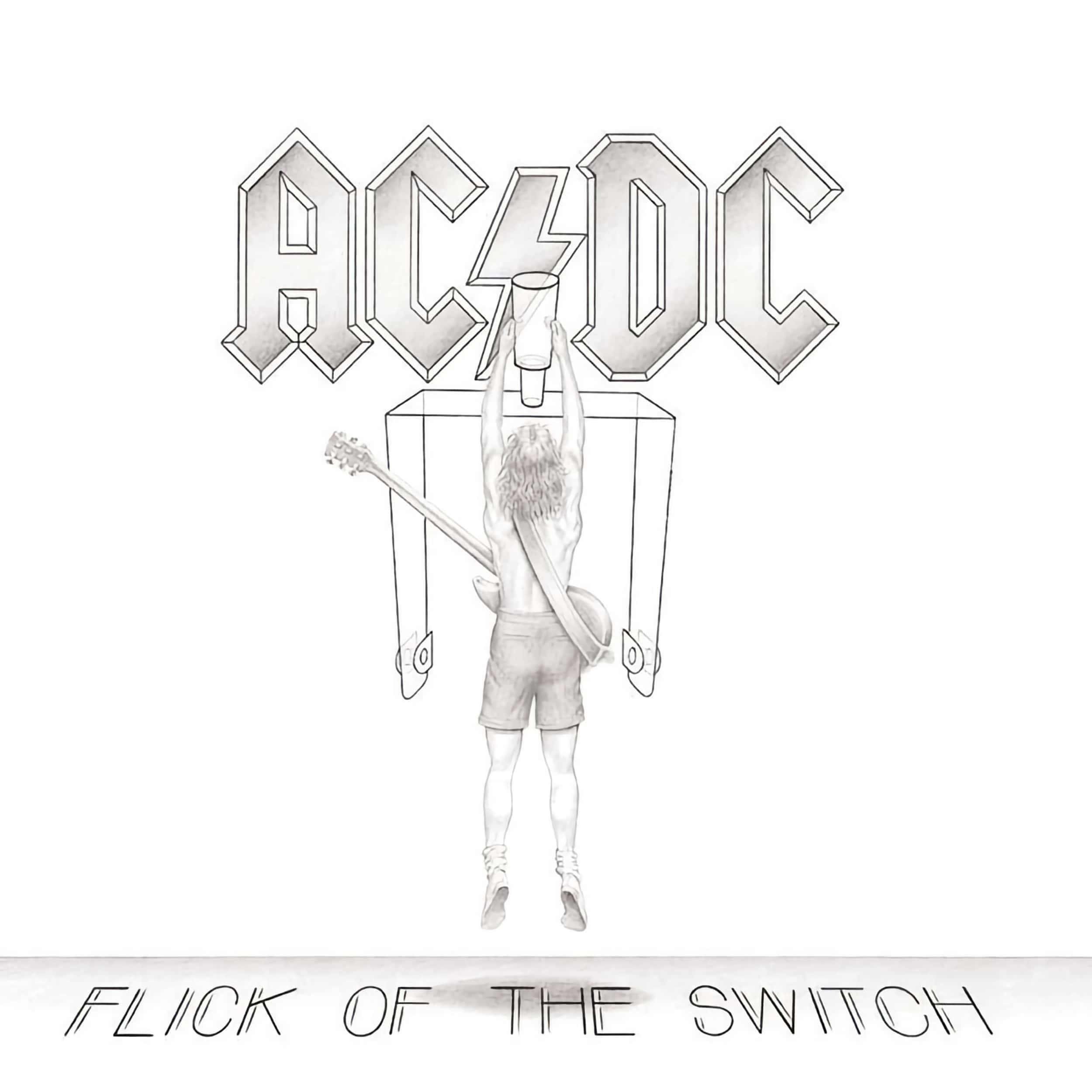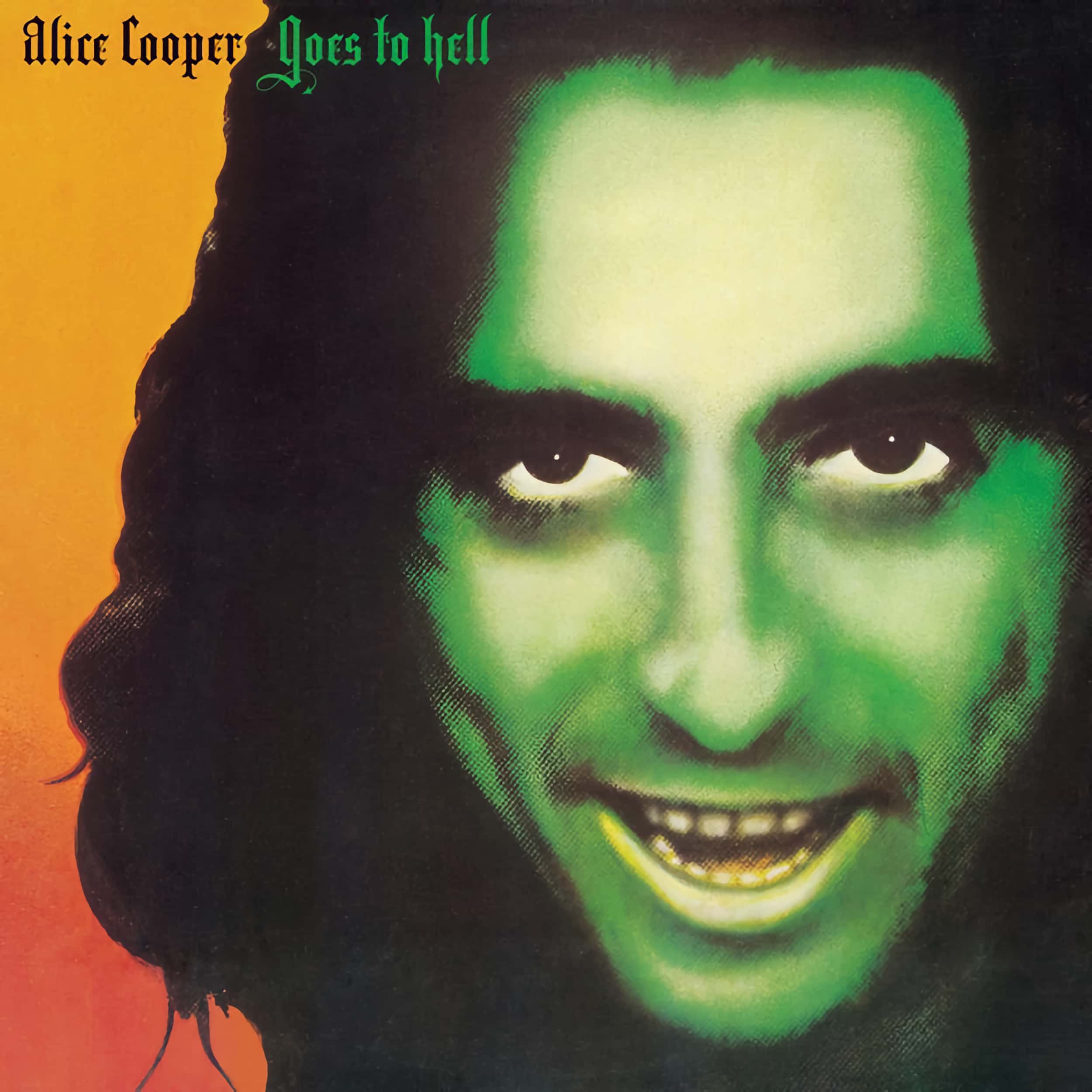Released in 1983, Rebel Yell is the second solo studio album from Billy Idol and not only bests his solo debut release but further solidifies his status as a prominent figure in the 1980s rock and new wave scene. With its dynamic blend of punk energy, new wave aesthetics, and anthemic hard and pop rock, Rebel Yell remains a classic in Idol's discography and is one of the greatest albums of not only the 80s, but of all time.
One of the key aspects that makes Rebel Yell so compelling is the top-notch production. Keith Forsey did a wonderful job in producing Idol by ensuring he skillfully brought out even more raw intensity and focus from not only Idol himself, but the entire band. Add to that Idol’s signature snarl, Steve Stevens’ electrifying guitar riffs, and a selection of killer songs and there’s little doubt as to why Rebel Yell is amongst Idol’s greatest musical achievements.
As you listen to the album, you’ll be pleasantly surprised for it features a series of well-crafted upbeat rockers with the occasional introspective mellower tune that ensures the album is anything but dull. Without a B-side to be found, unlike Idol’s 1982 self-titled release, Rebel Yell is akin to a single performance that is best heard via Apple’s Digital Master for the previous CD releases simply didn’t have the same presence as the lossless streaming counterpart. There’s a tonal warmth and fullness present on the stream that is lacking from the somewhat more clinical Expanded Edition CD release. Yes, the dynamic range was technically greater on the 1999 CD reissue and the album has since been compressed a little more for the latest streaming releases, but they simply sound right. It’s as if the music needed to be a little more dynamically compressed in order to get an additional oomph out of the recording. As to whether or not that style of mastering appeals to you, I find from my subjective perspective that I much prefer the bolder sound signature of the stream and I don’t feel that we lose any of the detail, spacial separation between musical elements, or soundstage as a result.
The stream is so impressive that I’d argue that it’s a fool’s errand to seek out any other copy. No, we can’t rely on streaming being there indefinitely, or that particular master never changing again to something a little less compelling. Hence, with that in mind, I’d be seeking out any physical release post-2017 as they should all have this new mastering. Of course, you can always purchase this particular release on iTunes or Qobuz if you prefer digital ownership. Just a quick note regarding the digital edition available via Qobuz – Flesh For Fantasy is listed as being the 1999 remaster. Perhaps it’s a typo, I’m not sure, but purists will likely find that information relevant. For everyone else, let’s take a look at the songs that make up this classic release.
Rebel Yell kicks the album off with a killer and distinctive guitar riff that sets the tone for the entire record. Idol's snarling vocals convey a rebellious attitude and the chorus is infectious but it's the song's anthemic quality and energetic rhythm that make this song a timeless classic.
Daytime Drama has a mid-tempo driving rhythm that merges well with Idol’s characteristic vocal swagger, resulting in a thoroughly enjoyable song that showcases Idol's confident, charismatic, and diverse vocal style.
Eyes Without A Face slows down the pace of the album magnificently. Yes, Idol is known for his rock numbers, but just like Alice Cooper, he’s got a softer side and a vocal presentation that, when delivering ballads, is nothing short of world-class. The haunting dreamy nature of the musical backdrop is similarly exquisite, but that guitar riff mid-song, and Idol’s intertwining rap, really showcase his versatility.
Blue Highway returns the album to a more upbeat tempo, featuring a driving rhythm and catchy hooks. Stevens’ guitar work, once again, shines and I dare say he’s one of the most underrated guitarists in music history for his licks are second to none.
Flesh For Fantasy is one of the album’s highlights, but there are so many that that could be said about any of the nine tracks featured on this landmark release. Nevertheless, the song's sensual and seductive undertones, along with Idol’s magnificent vocal performance, are amplified by Stevens' sultry guitar riffs, thereby making it one of Idol’s most memorable tunes.
Catch My Fall is a mid-tempo song with a compelling combination of musical elements. That said, if there was a low point on the album, Catch My Fall would likely be it as there are times when I feel that Mars Williams’ performance on the saxophone isn’t suited to the song and that the chorus is a little run-of-the-mill. Perhaps it’s just a simple case that the other songs are so incredible, but Catch My Fall hasn’t aged well. That said, there are times when I thoroughly appreciate this tune so I have a classic love/hate relationship with this song.
Crank Call sounds as if it were taken from, or written for, a television show from the era; particularly the introduction. Nevertheless, once my mind gets past that aspect, I can’t help but rock out to this killer tune.
(Do Not) Stand In The Shadows has an upbeat and energetic sound with an infectious rhythm and catchy chorus. Yes, this is most certainly a song of the era, but it hasn’t aged and is just as exciting as when it was first released.
The Dead Next Door has a beautiful opening that in some respects reminds me a little of U2. Each time it comes on it signifies the end of an exceptional album and is the type of song that permits reflection as well as compelling me to spin the record again.
Capturing the spirit of the 80s with its bold and rebellious attitude, Rebel Yell is a timeless classic that blends various musical elements, from punk and new wave to rock and ballads thereby creating a cohesive and memorable listening experience. Idol's charismatic persona, coupled with the album's exceptional production and Steve Stevens’ magnificent guitar riffs, ensure Rebel Yell is a must-listen for fans of 80s rock and remains a testament to Idol's enduring influence within the music industry.




![The Jacksons – The Jacksons (Self-Titled) [Album Review]](https://images.squarespace-cdn.com/content/v1/565c1ab5e4b05079e4bfa169/1706487154999-GWTK1UE7406OH8C9SUT5/The+Jacksons+Self-Titled+Album+Cover.jpg)

